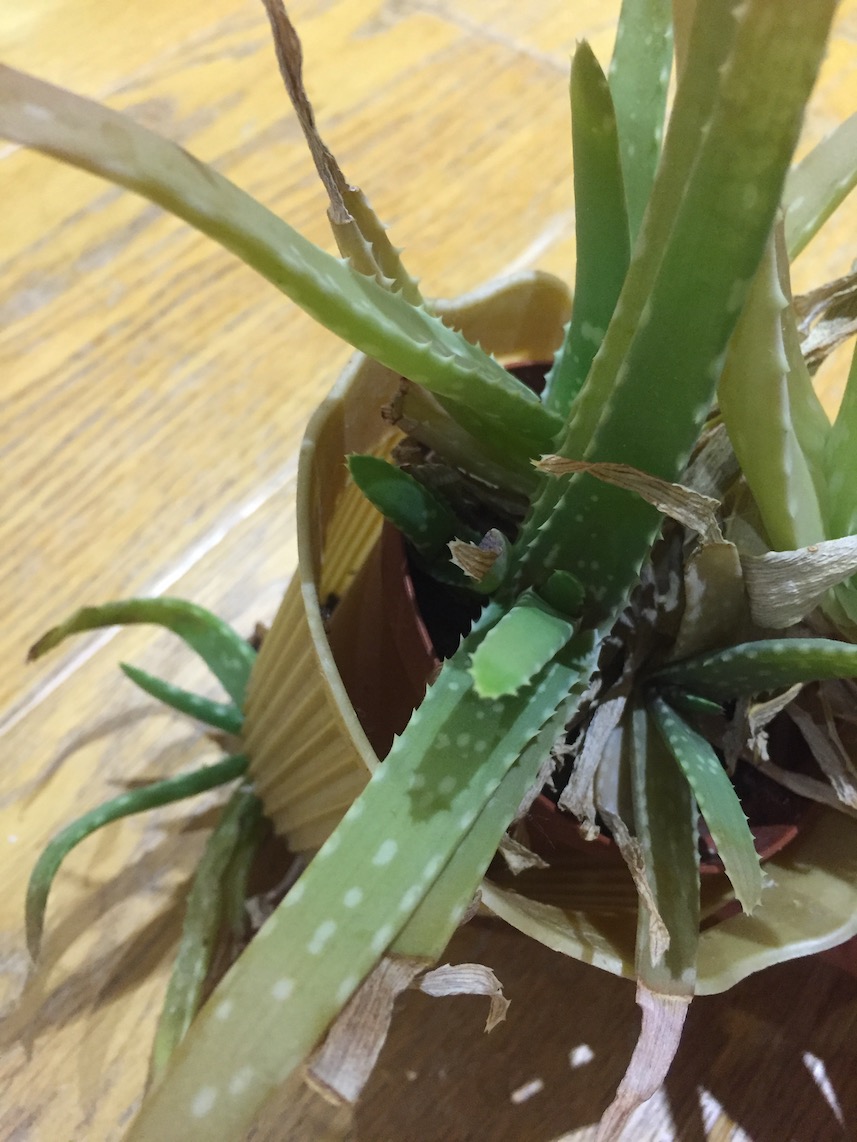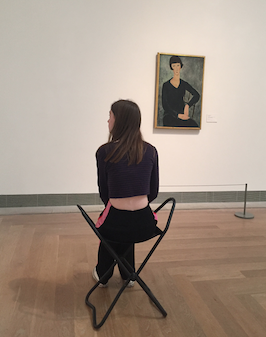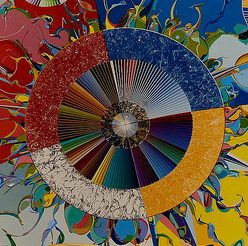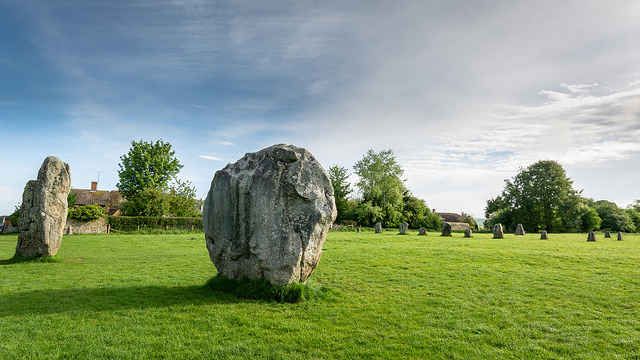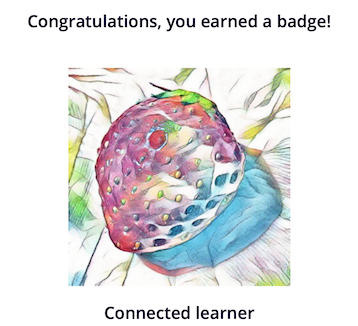Agency and perspective
For the final week of #el30 I would like to consider some of what Stephen Downes presents in his intro to the topic of Agency (below in blue). These initial words sparked so much in me, that they were catalyst enough for a post. My thoughts are interspersed with bits from Stephen’s intro (in blue) and ideas presented by Sylvia Baldiris and Jutta Triveranus, his guests for the week’s hour-long video chat.
In Stephen’s intro he asks:
How do we ensure that what we project to the world is what we want to project, both as teachers and learners?
I’d like to turn this on its head. How do we ensure what we project is receivable? Just as there is no one way to teach or learn, when we project, can this be received? Let’s think literally. Humour me with a metaphor: A projection, of a film can be seen. Can be seen by all seated in a theatre. Can be seen by those in the theatre if the lights are off. You can’t see it from the street. Seeing requires certain conditions and the same is true of any projection. Receiving is one step further along the line of engagement.
For me, the ‘what’ of the projection is the basics, and in considering agency, there is a need to not only project but to also consider (and I mean actively) the conditions that facilitate and enable people to receive and act upon what is projected. Read More »Agency and perspective

